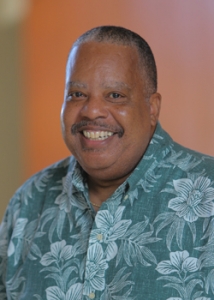
The University of Hawaiʻi Cancer Center has contributed to a new report released on August 9, highlighting key takeaways on sunscreen including how ultraviolet (UV) radiation is associated with skin cancer and how sunscreen has contributed to risk reduction. It also recommended that the Environmental Protection Agency (EPA) pursue an ecological risk assessment on all UV filters, chemicals added to sunscreen to absorb or block the sun's UV radiation. The assessment would identify potential risks to aquatic ecosystems and the species that live in them.
The report noted that while some sunscreen products are labeled "reef safe," the term lacks a regulated or standardized definition; therefore, the composition of "reef safe" products may vary.

The publication, Review of Fate, Exposure and Effects of Sunscreens in Aquatic Environments and Implications for Sunscreen Usage and Human Health from the National Academies of Sciences, Engineering, and Medicine (NASEM), pulled together extensive amounts of information from both the environmental research and human health perspectives.
Kevin Cassel, an associate professor at the UH Cancer Center, was a member of the NASEM committee completing this report. "This report is the first step towards more and better science to understand the complexities surrounding sunscreen's impact on the environment and human health," he said.
The report does not identify which UV filters are safe for coral reefs or other organisms as the committee did not conduct a risk characterization.
The committee recommends further research to better understand the human health implications of any changes in sunscreen usage.
The EPA sponsored the report, which was mandated by the U.S. Congress. The committee's work occurred over the course of about 1.5 years through public meetings with a range of experts on the environmental and the public health sides of the task to supplement the committee's expertise. The findings and recommendations were based on the committee's assessment of the available information, and deliberated until consensus was achieved across the committee.






